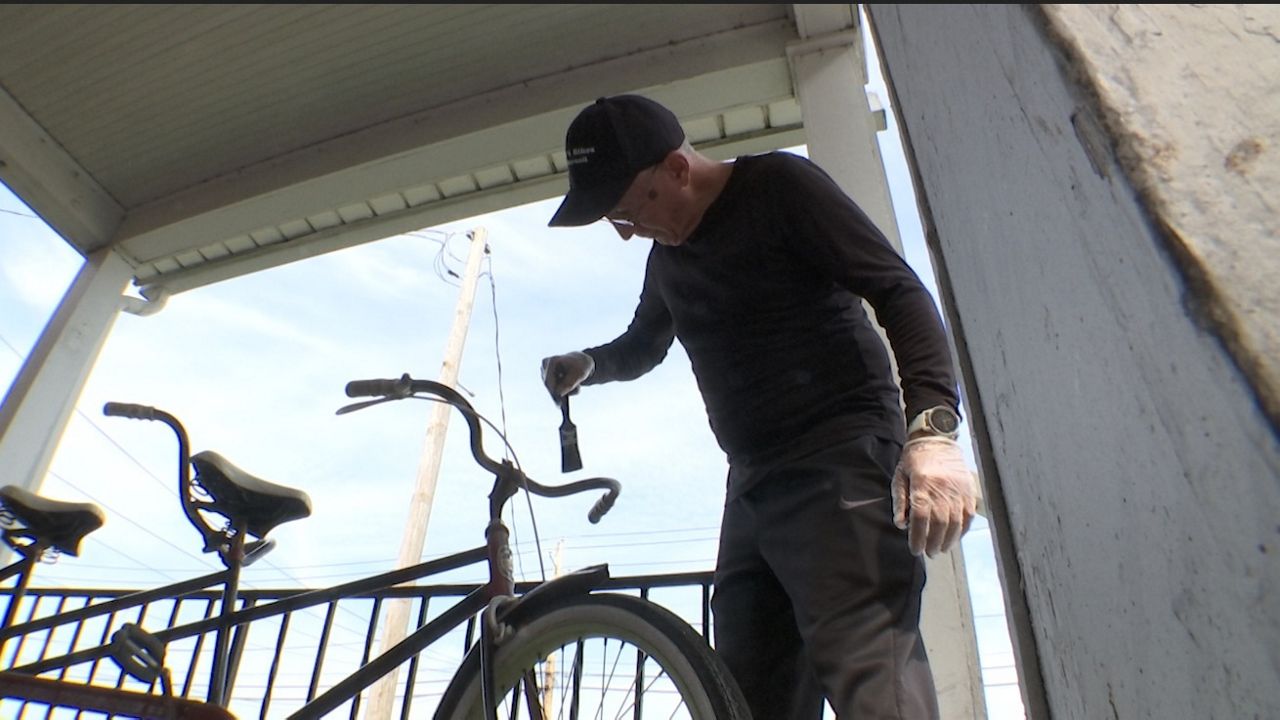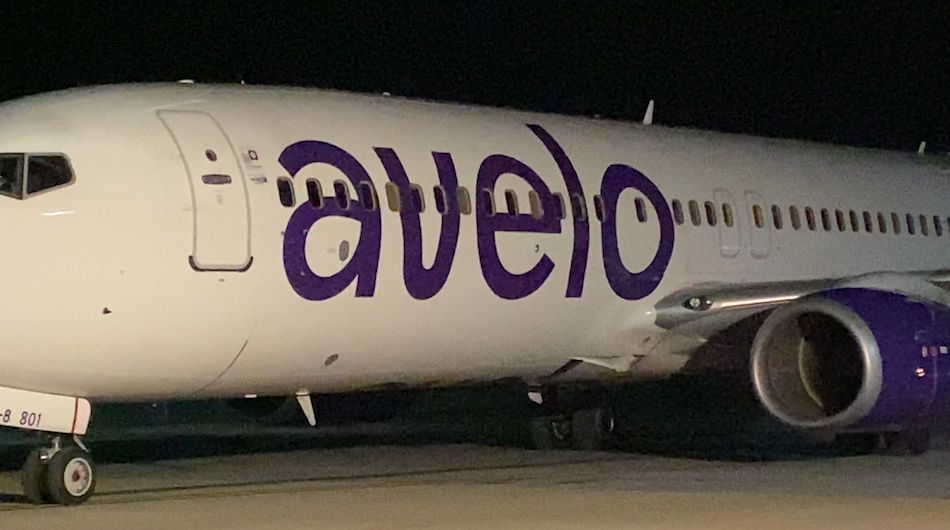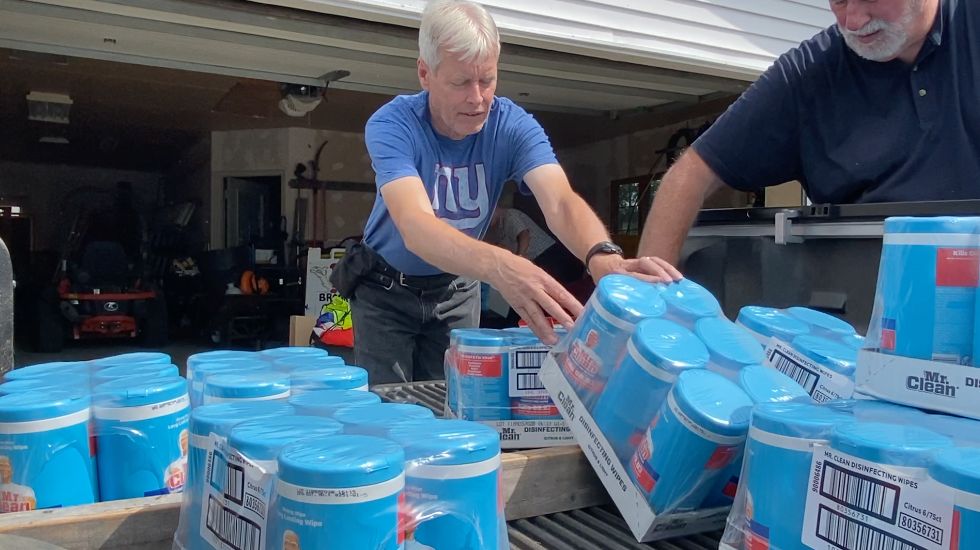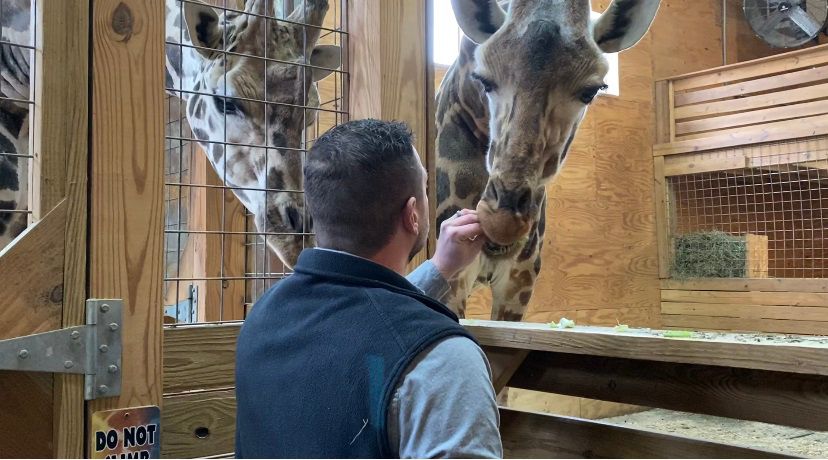It’s not every day that you can be taught by a Nobel Prize winner on a college campus. It’s a benefit students at Binghamton University are enjoying as they work on the research and development of lithium-ion batteries.
They’re working under the tutelage of Dr. Stan Whittingham, who played a crucial role in the development of such batteries, which now power everything from phones to computers.
“I started back in Oxford, but really, the battery effort began in Stamford,” said Whittingham, Institute for Materials Research and Materials Science director.
It was that work, along with inventing the first rechargeable lithium-ion battery that earned him the Nobel Prize back in 2019. His research started decades prior, eventually working for Exxon, but he knew he wanted to do much more.
“I went up to becoming division manager of chemical engineering and decided that’s not what I wanted to do. I wanted to come back to academia, have young folks come in every year. They keep you young. They’re excited about what they’re doing," said Whittingham.
One of those students is doctoral graduate student Ben Pei. She’s part of a group working to find new ways to make these batteries safer and more affordable.
As Pei’s research continues, it’s hard for her not to excited about the future of the battery, especially with the many possibilities and doors it could eventually open.
“Right now, the lithium-ion battery goes from a small computer and camera to electrical charging vehicles. It’s just fantastic. We can see the cars just using the lithium-ion battery as the power,” said Pei.
It increases the opportunities for innovation in the Southern Tier. Binghamton University was recently awarded $500,000 thanks to the Build Back Better plan. That will allow them to compete for $100 million for a clean energy project based solely around lithium-ion batteries.
This would create a manufacturing center in the village of Endicott, where they would produce the batteries for all over the world.
“I think the whole federal government has realized we have to do something. If we’re going to have electric vehicles and clean energy, we’ve got to do it in the United States, or at least in North America. We can’t import everything,” said Whittingham.
If the plan does go through, there’s a chance the students could play a big part in it, and Whittingham couldn’t be more proud.
“It’s exciting when you see these students themselves excited. Research is not easy, but every now and again you get a breakthrough and then you can see the excitement on their face and they will go out and work for battery companies, for national labs, so they’re spreading the word and getting everything out there. We’ll have a greener future,” said Whittingham.
The university expects to find out if they won the award in September. If they do, it would set up shop in the former IBM location in Endicott.








